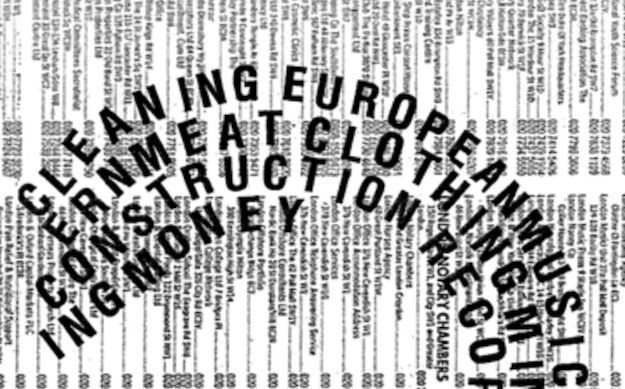While it's hard to believe the end of the semester is upon us, it will be here soon, and that means it's time to think about reflecting upon the work we've done together over these past 15 weeks. Your final portfolios will be your opportunity to do exactly that, and they will be due by 11:59pm on Tuesday, December 8th via e-mail. They should include the following components:
- (at least) five (5) revised poems — In each case you should include both the original draft and the revised version, plus a short note (a sentence or two, this can be sketchy) detailing the changes you've made and your motivations for doing so. Two important things to remember: 1) while I've asked you to try to adhere to the spirit of each project's restraints for our workshop rounds, you need not do so at this stage, and 2) work can jump format in this stage as well if necessary (that is, an audio piece can transform into a written text and vice-versa). The workshop rounds are about pushing your boundaries and generating new ideas and language, but the revision stage is about getting something that serves you out of that process. What you e-mail me might be Word docs, MP3s, or SoundCloud links. Try to organize the material (including use of descriptive filenames) as best as you can, but you don't necessarily need to consolidate everything into one file.
- a short reflection upon your work this term — I'm thinking something in the realm of 2–3 pages double-spaced. This isn't a venue for you to heap praise upon me in hopes of getting a better grade, but rather a place where you can figure out exactly what parts of your workshop experience were useful to you: what ideas and practices you'll carry forward, what didn't work for you, how your perspectives have changed over the course of our 15 weeks together, what writers and techniques you've discovered that you're excited about, etc.
- one representative audio piece — Ideally via SoundCloud. This will serve as your contribution to the retrospective playlist I'd like to put together (and share with the whole world). This can (and probably should) be one of your final drafts — it doesn't have to be a separate piece. Just indicate which one you'd like to use. If your favorite piece is a written text you can simply submit a recording of you reading it.
Your final grades will be determined based on the quality of your final pieces, the evolution demonstrated in comparing the final versions to their earlier drafts, and how you were (or weren't) a "good citizen" of our workshop (i.e. being present and on time, commenting on your peers' work in class and via written notes, etc.). Late porfolios will be docked accordingly, and I can't accept anything after Monday, December 14th. If you have any questions, I'll be more than happy to answer them. Please e-mail your portfolios to me via me gmail address. I'll send a short note acknowledging receipt once I've been able to check that all of the files are problem-free.







